Surfing into Summer



With holidays around the corner and tropical destinations on our doorstep, the popularity of surfing picks up. Whether it’s your first time riding a wave, something you do once or twice a year or a regular practice, there are many things you can do when you’re not on the board to help enhance your skillset.
Strengthening the shoulders and core, and focusing on mobility are just two of the ways you can work on building up your base before you head to the beach. And if you’re someone who has had a few injuries before, it’s worth make sure you are ready to ride as comfortably as possible, before you make that journey.
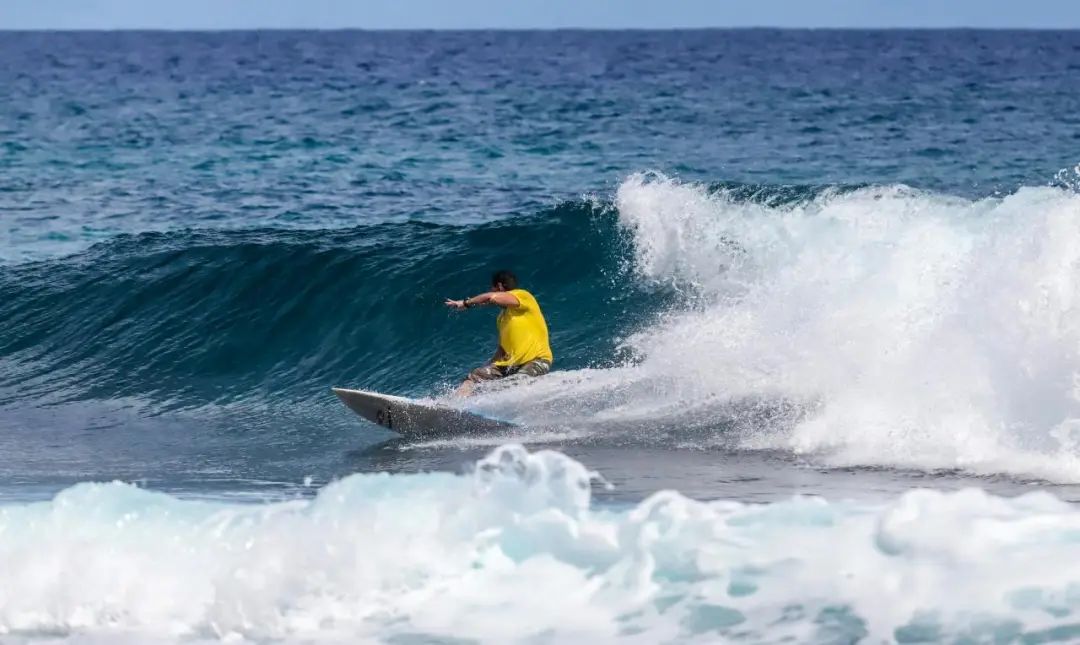
UP
Physical Therapy & Surfing Best Practices
Surfing is a full body sport that not only requires strength, but also balance, coordination, technique and training. From the strength required for paddling out to maintaining composure and core strength while riding the wave, there are numerous reasons to train off shore, as well as in the water.

Along with requiring a strong and stable core and shoulders, it’s also important to target specific muscle groups like the hips (gluteus maximus/medius and small hip internal and external rotators) and spinal stabilizing muscles like the transgress abdominis. Along with strength, mobility is equally as important due to the repetitive demands placed upon the shoulders and spine. Even the ankle needs support with dorsiflexion and range of motion to keep your full body supple in the water.

As with all sports, physical therapy is not just helpful with optimizing performance, but also supports recovery should you seriously injure yourself, which is possible even in surfing. To maintain performance and prevent injuries, many elite players integrate physical therapy into their training regimen. Some of the best practices for physical therapy with the sport include:

Shoulder Range of Motion
You won’t get much surfing in if you can’t paddle out, but without the appropriate shoulder mobility, you may be putting yourself at a huge disadvantage. Not only do you need to ensure the shoulder can move correctly, but also the surrounding structures as well: rib-cage, thoracic spine, and even your cervical spine.


Core Strength and Endurance
From the pelvic floor to the diaphragm and everything that connects to the spine, having a strong core is vital. Maintaining strong trunk stability will help you stabilize on the board as well as allow you to grow your in your performance as the waves get bigger and the rides get longer.
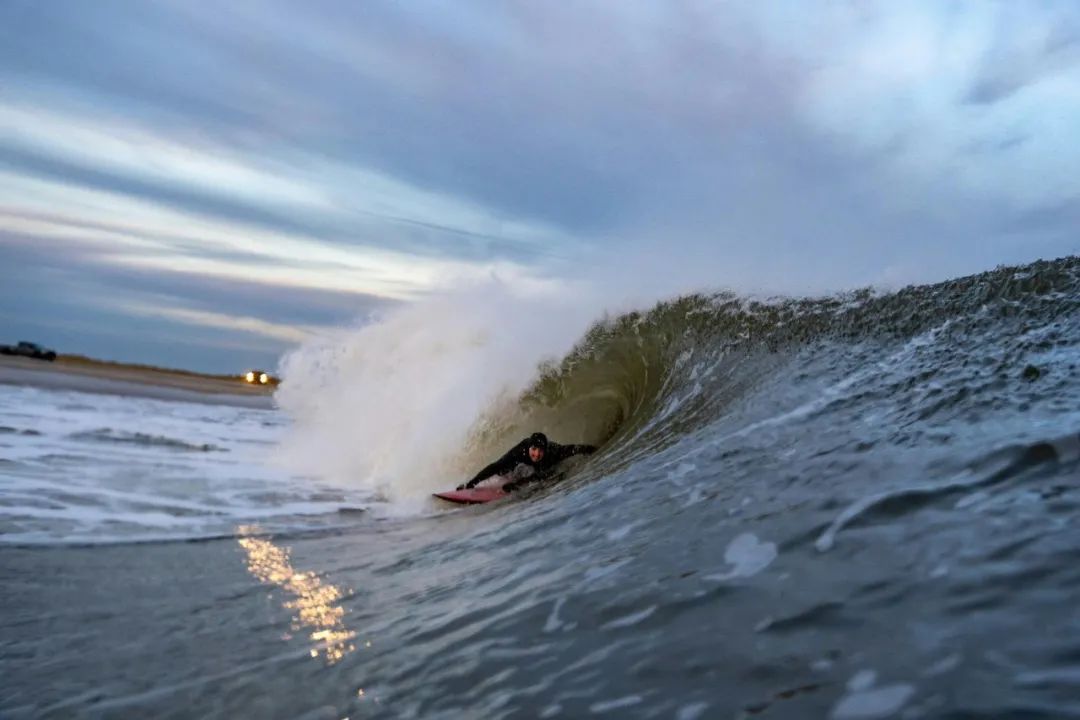
Thoracic Mobility
From lying on the board to pressing up repeatedly, the movement itself can be taxing if you don’t have mobility in your thoracic spine (mid back). The demand then goes into your shoulder and neck and can cause irritation and pain if not managed appropriately.


Hip Flexibility
Tight hips will keep you from riding comfortable and for long. In surfing, it’s critical that you can stay low to maintain balance and ride the waves, but if your hips are too tight, you might have trouble doing just that. Not only are stiff hips uncomfortable, but without adequate flexibility in this central link, you might also compensate in other areas such as the back, ankles and even neck.
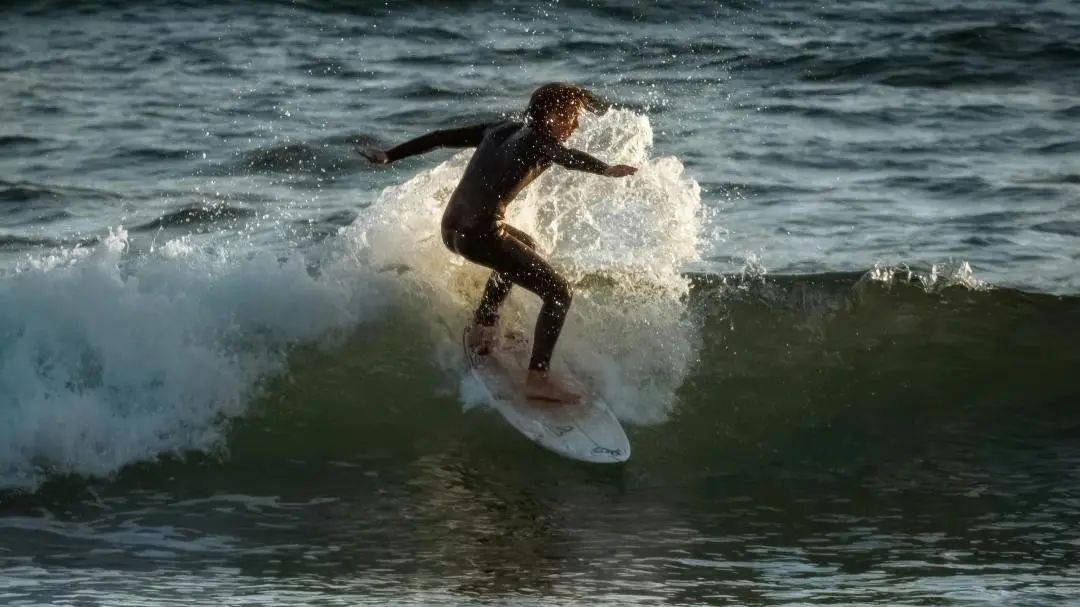

Pain management
Injuries most commonly caused in surfing come from repetition and little rest. Physiotherapy can help to manage and reduce pain and inflammation, through practices such as soft tissue work and myofascial release.

Alignment Tests & Posture
Whether you’re a beginner boarder or a regular rider, our Physical Therapists at UP can incorporate both recovery practices and training routines to help you surf safely. Embracing physical therapy can help you enhance your skills, prevent pain and lay a solid foundation for long-term success.
Whether you’re a beginner boarder or a regular rider, our Physical Therapists at UP can incorporate both recovery practices and training routines to help you surf safely. Embracing physical therapy can help you enhance your skills, prevent pain and lay a solid foundation for long-term success.
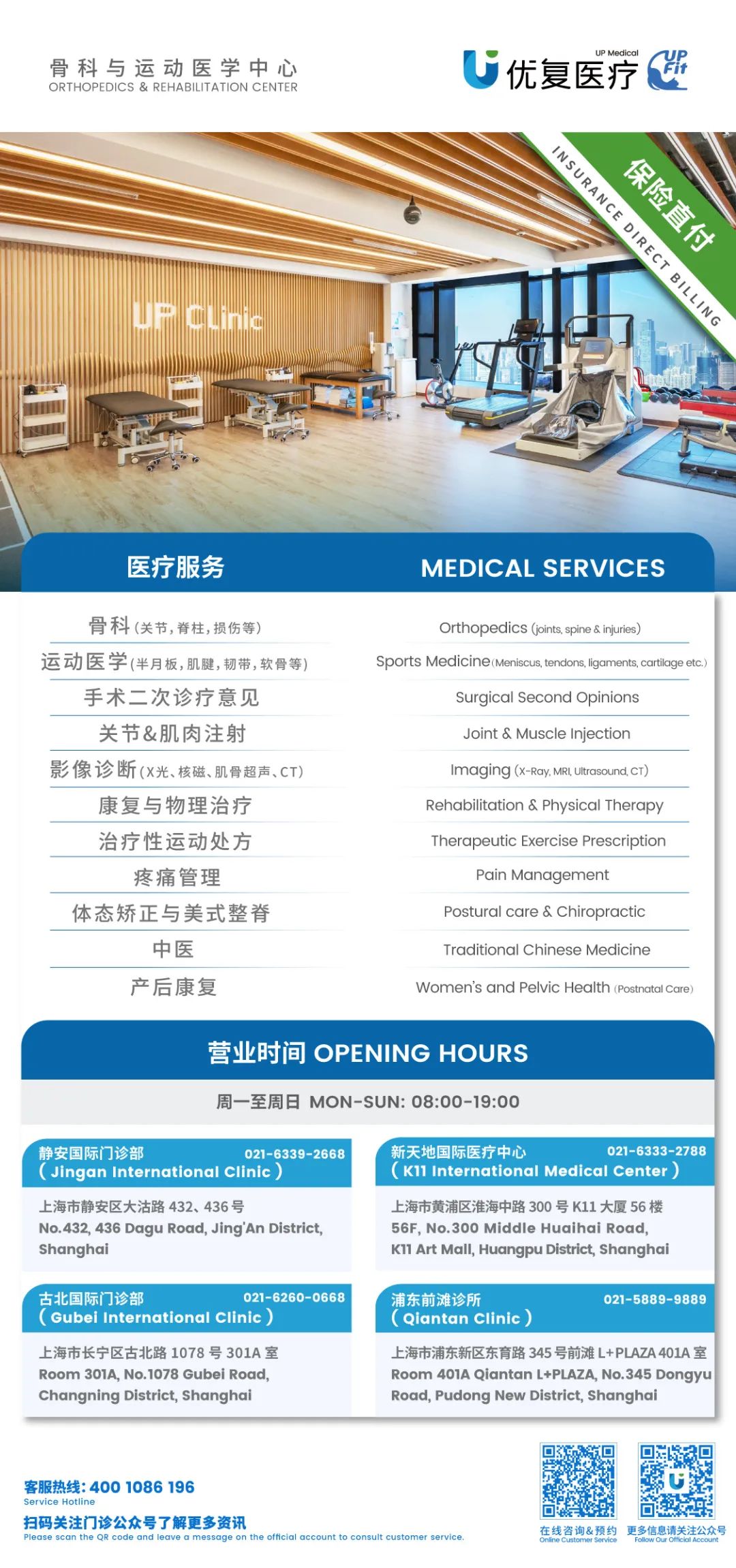
本篇文章来源于微信公众号: 上海优复康复医学门诊部

